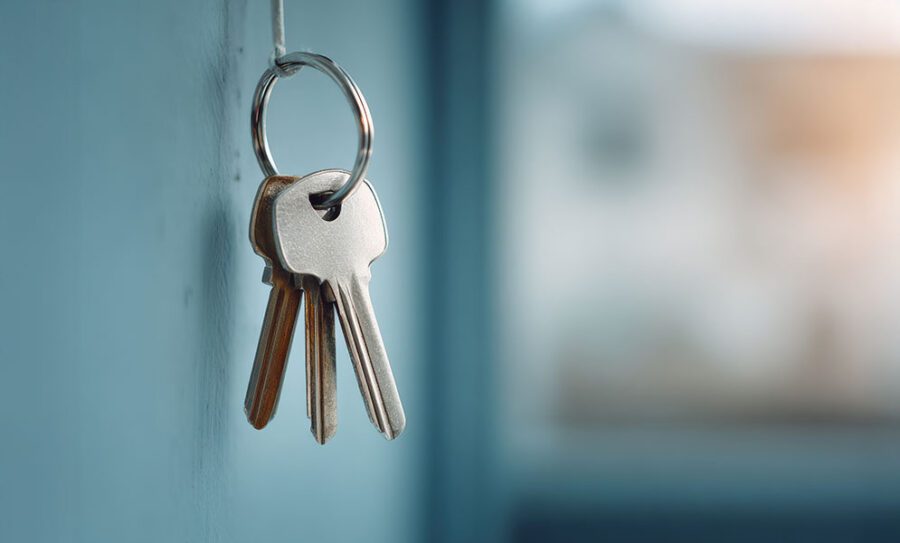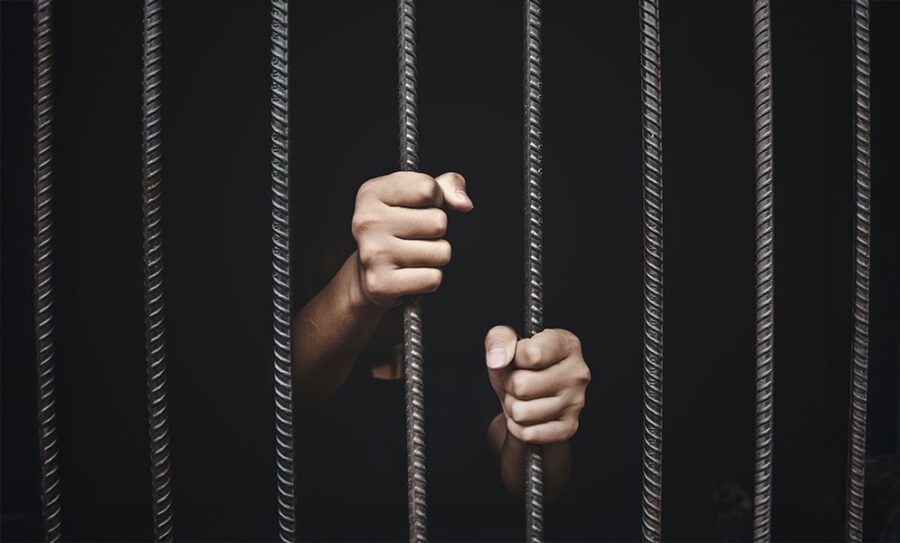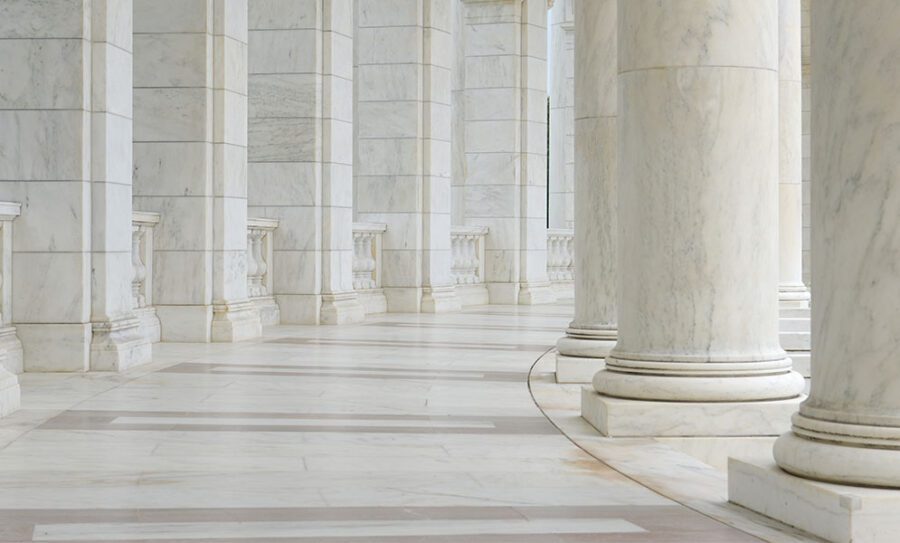The Role of Ownership in Education: Shepherding Your Family’s Learning Journey
Beyond Possessions: A Biblical View of Ownership
In today’s world, the idea of ownership often feels cold and materialistic. It’s a term associated with cars, houses, and other tangible possessions. However, in John 10, Jesus uses this word in a far deeper, more meaningful way. He contrasts the good shepherd with the hireling, revealing a kind of ownership that goes beyond mere property.
“I am the good shepherd. The good shepherd lays down his life for the sheep. He who is a hired hand and not a shepherd, who does not own the sheep, sees the wolf coming and leaves the sheep and flees, and the wolf snatches them and scatters them. He flees because he is a hired hand and cares nothing for the sheep. I am the good shepherd. I know my own and my own know me.” — John 10:11–14
In this passage, ownership is defined not just as material possession, but also as a commitment of care, attention, and responsibility—qualities that are absent from those merely “going through the motions.” Ownership, in this context, signifies a deep, personal investment.
Could this concept of ownership apply to abstract ideas as well? Absolutely. In Classical Conversations®, the concept of “Attention Leads to Ownership” is woven throughout the Challenge A Guide and curriculum. It encourages students to mature in their studies by taking personal responsibility for their learning, an idea that becomes even more powerful when applied to a family’s education journey.
The Idea of Owning Your Family’s Education is Not Just Profound; It’s a Paradigm Shift
However, how many parents begin the path of independent education without fully considering the territory they are stepping into? The idea of owning your family’s education is not just profound; it’s a paradigm shift. It impacts how we approach learning in our homes, the practical decisions we make, the political implications we navigate, and the legacy we leave for future generations. For many of us, the day-to-day reality of homeschooling often involves tweaking routines or explaining improper fractions. But as we zoom out and examine the bigger picture, it becomes clear that ownership in education is much more than that.
What Is Educational Ownership?
In this article, we’ll explore what it really means to take ownership of your family’s educational journey—what it entails practically, philosophically, and politically—and how embracing this ownership can impact future generations and your family legacy.
Ask Tough Questions About Your Role
Reflect on Your God-Given Responsibility
Reclaiming ownership of your family’s education begins with intentionality and understanding what that responsibility truly entails. The first step to help in your journey of educational ownership is to contemplate the answers to tough questions:
- To whom did God entrust my children to?
- How do I steward that responsibility well?
- What assessment do I want to hear from my Heavenly Father?
- How do I reverse-engineer our homeschool to strive for the “Well done, my good and faithful servant”?
In Proverbs 22:6, we are reminded, “Train up a child in the way he should go, and when he is old he will not depart from it.” These eternal questions challenge us to align our educational choices with our divine calling.
Choose Ownership Daily
Taking ownership of your family’s education isn’t just a philosophical concept—it’s a practical, daily commitment. Ownership requires consistent effort and intentional actions that reflect your values and goals for your children. Here’s what it might look like in practice:
- Engage Your Children
Encourage your children to take an active role in their own learning. Incrementally involve them in setting their own educational goals and making decisions. This fosters a sense of ownership, teaching them that learning is their responsibility too.
- Assess and Adjust
Ownership means continuously assessing your approach. Take time each month to reflect on what’s working well and where adjustments are needed. This flexibility is part of taking ownership—acknowledging that you are always learning and growing alongside your children.
- Build in Transparency
Being open with your children about the “why” behind educational decisions helps them understand the purpose behind what they’re learning.
Preserve Education Ownership in the Civil Sphere
Education independence is not just a personal choice; it’s a stand for parental rights and autonomy. As Margaret Chase Smith said, “Freedom unexercised may be freedom forfeited.” By embracing and exercising education independence, parents preserve their God-given right and demonstrate the boundary of this responsibility to the world.
Protect Education Ownership in the Public Square
Your Choice Is a Stand for Parental Autonomy
Protecting this right goes beyond personal and family freedoms; it extends to protecting the rights of the broader community across space and time. Simply accepting this responsibility is a protest against the perception and implications of the idea that children belong to the state. This choice, whenever possible, is a meaningful “vote” affirming that education should remain a private, family-driven process, not state-controlled. By reclaiming parental authority, parents affirm and publicly display their claim to education ownership.
Build a Legacy: Ownership Across Generations
As John Adams once wrote to his wife, “I must study politics and war, that our sons may have liberty to study mathematics and philosophy. Our sons ought to study mathematics and philosophy, geography, natural history and naval architecture, navigation, commerce and agriculture in order to give their children a right to study painting, poetry, music, architecture, statuary, tapestry and porcelain.”
This quote reflects Adams’s multi-generational paradigm and the value of one generation’s choices being made with future generations in mind. A better gift for your children is not in the specifics of their education, but in instilling the virtues of education ownership. By prioritizing this foundation before the details, we ensure that each generation has something sturdy to build upon.
This paradigm calms our anxious hearts because we will not get to everything on our educational wish list. In humility, we celebrate the fact that each generation can build on and learn from the ownership and personal investment of the previous generation.
Conclusion
Shepherding Your Family’s Education
Reclaiming educational ownership means stepping into the role of the shepherd, guiding your children with care and intentionality. This responsibility goes beyond teaching content—it’s about nurturing wisdom and virtue. Like the good shepherd, you are called to take on the ownership of your role and lay down your time, energy, resources, and love to cultivate an environment where your children can grow.
Part of this ownership is building strong walls around your fold—establishing boundaries and policies that protect your responsibility. Just as important is repairing weak spots in your walls and actively addressing anything that threatens the strength of those boundaries. This vigilance ensures that parents remain the shepherds of their home and that the space inside these walls is free from political interference.
By embracing ownership, you are not only shaping your children’s present education but also laying the groundwork for generational ownership.
The foundation of liberty and virtue you lay will prepare them to build something. Step into the role of the shepherd, and trust that the legacy of educational ownership you create today will shape the future for your children, your community, and a flourishing society for generations to come.
Learn more by reading Joint Ownership and Your Child’s Education.





